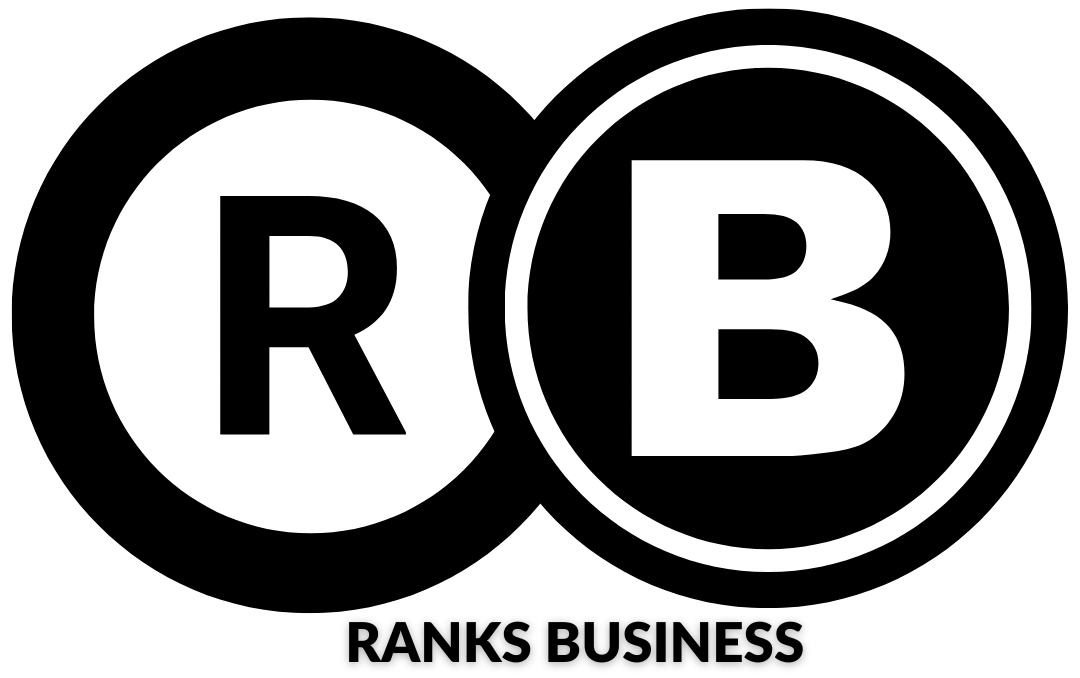Minister of information and culture, Lai Mohammed says the Lekki Deep Seaport when completed, will generate over $201 billion for the federal and Lagos state governments within a concession period of 45 years.
Mohammed, who said this during an inspection of the port, on Wednesday, in Lagos, also informed that it will create 169,972 jobs. He said the direct and induced business revenue impact is estimated at $158 billion, in addition to a qualitative impact on the manufacturing, trade, and commercial services sector.
“The investment is huge: $1.53 billion on fixed assets and $800 million on construction. But the aggregate impact has been put at $361 billion in 45 years, which will be over 200 times the cost of building it. In addition, it will create 169,972 jobs and bring revenue totalling $201 billion to Lagos state and federal governments through taxes, royalties and duties,” the minister said.
Speaking further, Mohammed said the port will make it possible for Nigeria to regain the maritime business that was lost to ports in Togo, Cote d’Ivoire and Ghana. He also described the port as a big boost to Nigeria in its quest to take advantage of the implementation of the African Continental Free Trade Agreement (AfCFTA).
Mohammed also informed that the project is being done in phases, and that phase one has reached 89 percent and will be completed in September this year.
The minister further described the project as a game-changer and pacesetter. According to him, the Lekki Port is the deepest seaport in Nigeria and West Africa, and “that in itself is a unique advantage. It covers a land area of 90 hectares. I called it a game-changer because of the impact it will have on the nation’s economy and the jobs it will create, among others,” Mohammed added.
“The facilities here are first-class. We have 7 ship-to-shore cranes and 21 RTG cranes. No port in Nigeria currently has this. The excellent equipment is why this port can do 18,000 teu, which is more than four times the number that can currently be handled by our other ports.
“Also, the project is self-sufficient in required electricity. It is now ready to generate up to 10 megawatts, but the total capacity is 16 megawatts.
The port is a consortium that includes China Harbour Engineering Company, Tolaram, Lagos State government, Nigerian Ports Authority, and Lekki Port Investment Holding Inc, the minister noted.

